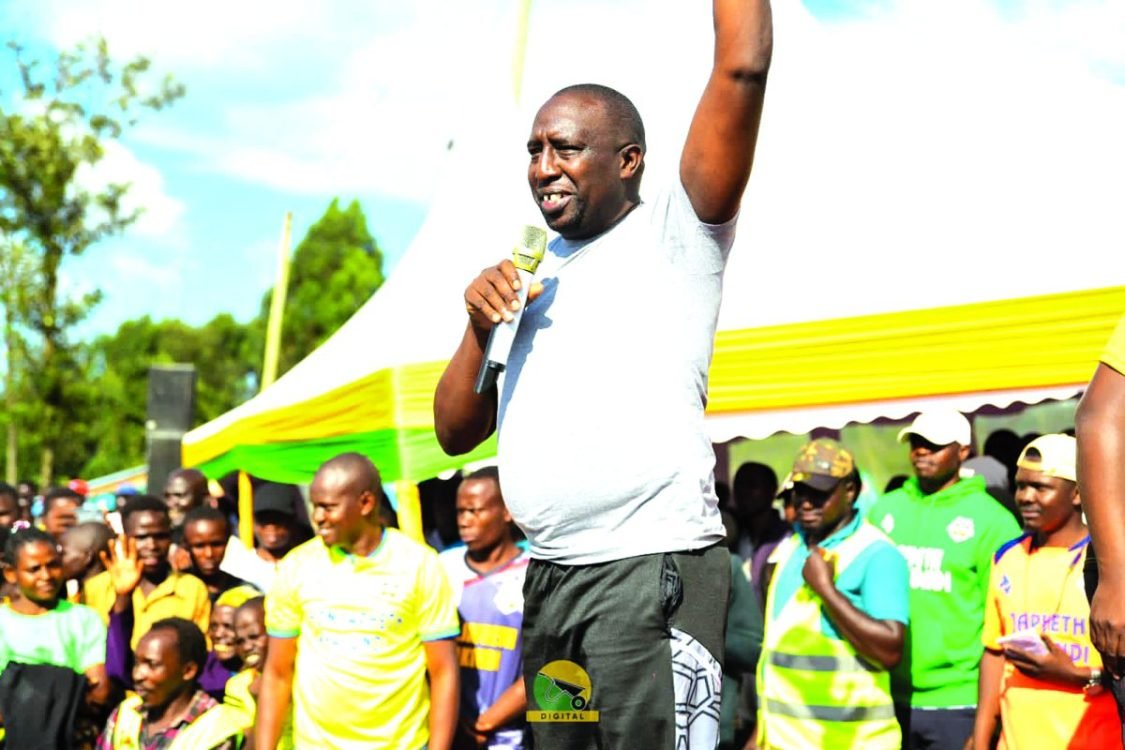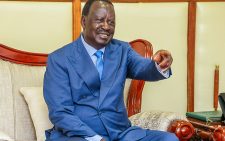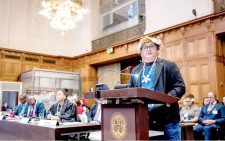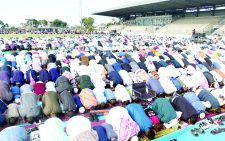Groups jostle for places on IEBC selection panel

The race to join the selection panel that will pick commissioners for the electoral agency is taking shape, with Kenya Kwanza and Azimio jostling for positions.
A recently enacted piece of legislation that spells out the criteria and persons to serve on the panel has now opened a scramble for positions on the team, which should be constituted by the end of this week.
Under the new law, the number of panel members was raised from seven to nine to accommodate a cast of stakeholders and interest groups.
The panel will include two members nominated by the Parliamentary Service Commission, one representing the majority party, and another from the minority party.
It will also have three persons nominated by the Political Parties Liaison Committee, one not from a parliamentary party, one nominated by the Law Society of Kenya, and one selected by the Institute of Certified Public Accountants of Kenya.
Under the new law, the Inter-Religious Council of Kenya will also nominate two members.
Transparency and fairness
In the majority Kenya Kwanza coalition, Nicodemus Bore (a brother of sacked Labour Cabinet Secretary Florence Bore) is seeking to join the selection panel
People Daily has established that Nicodemus Bore enjoys the backing of State House and the United Democratic Alliance (UDA) party, while lawyer Benedict Wachira, fronted by the Communist Party of Kenya, is said to enjoy the support of the Political Parties Liaison Committee.
Lawyer Janet Nduku Muema, fronted by Chama Cha Uzalendo; Koki Muli Gregon, by Wiper; Augustus Muli, by the National Labour Party; and lawyer Ndegwa Njiru, by the Jubilee Party are all jostling for only one position under Azimio.
“Given the mandate to represent political parties on the IEBC selection panel, I will advocate for transparency, fairness and selection of the IEBC commissioners on merit,” said Muema, who is seeking the slot to represent political parties.
“I will ensure that merited Kenyans of high ethical and professional standards are selected in a fair, honest and transparent process.”
Under the non-parliamentary category, three candidates are scrambling for nomination to the panel – Evans James Misati (Progressive Party of Kenya), Amos Mugambi (National Ordinary People Empowerment Union) and Lilian Gor (Kenya National Congress).
“In here lies veterans, who have manoeuvred murky waters before. In here are experts, who will lend their expertise for the greater good,” said Gor, a member of the Kisii County Assembly.
“But most importantly, in here are individuals who mean well and are most concerned with a more solidified future beyond the selection panel elections.”
The First Schedule of the IEBC Act requires that a member of the selection panel be a citizen of Kenya, meet the conditions of leadership and integrity set out in Chapter Six of the Constitution, and hold a degree from a university recognised in Kenya.
Shortisting for interviews
Under the new law, nominating bodies will forward names to the President, through the Parliamentary Service Commission, within 14 days. The President must appoint the panel within seven days of receiving the names.
Applications will then be invited within seven days of appointing the panel, which will shortlist candidates for interviews.
The panel has 90 days to hire the chairperson and members of the IEBC.
“The chairperson of the Commission shall be a person who is qualified to hold the office of judge of the Supreme Court under the Constitution,” the law says.
After selection, the chairperson will forward the names of nominated commissioners to the National Assembly for vetting. If MPs endorse the nom.











